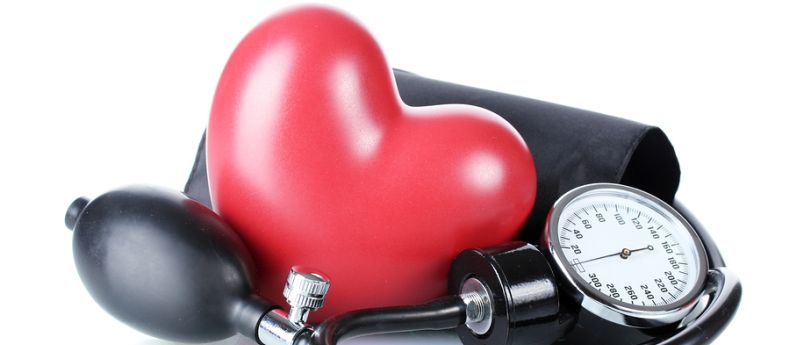
High Blood Pressure: What Should I Know?
You may find that many people around you develop high blood pressure with age. Is having high blood pressure normal?
High blood pressure, or hypertension, is one of the most common types of cardiovascular disease. It can be divided into primary hypertension and secondary hypertension, depending on the cause. As the name suggests, secondary hypertension is caused by a variety of other medical conditions such as renal diseases and endocrine system disorders. In these cases, high blood pressure is actually one of the symptoms of disease. However, treatment should be carried out similarly to that of primary hypertension, which is more common in clinical practice. We will focus on primary hypertension below.
What should I know about high blood pressure?
First, high blood pressure is not strictly a hereditary disease. High blood pressure is caused by several factors and is subject to both hereditary elements and your environment after birth. Specifically, high blood pressure is associated with factors including family history of hypertension, weight, psychological stress, exercise habits, smoking, drinking, salt intake, and more. If a set of parents has high blood pressure, their children may not develop it. Even if one of their children is diagnosed with high blood pressure, the condition is not entirely due to heredity.
Second, high blood pressure is a controllable disease. Many people try to control their blood pressure by improving their lifestyles. A healthy lifestyle, including regular exercise, staying away from smoking and alcohol, weight management, and a low-salt and low-fat diet, is helpful in reducing blood pressure. (In addition, a healthy lifestyle may reduce the likelihood of developing cerebral-cardiovascular disease in the future.) However, if you have adjusted your lifestyle but your blood pressure is still higher than normal, you should seek medical assistance as early as possible. With advances in medicine, antihypertensive drugs not only allow for the easy reduction of blood pressure but also allow for patients to get access to safe and personalized treatment plans.
Third, it is untrue that if you take antihypertensive drugs for a period of time, you will always need to take them. However, high blood pressure is not a cold or a fever but rather a chronic disease, which undergoes a lengthy period of development. Our bodies have excellent compensatory mechanisms, which enable our blood vessels to fully relax, reducing blood pressure to natural levels. However, if you continuously suffer from high blood pressure, your body’s self-regulation mechanism becomes unable to maintain normal blood pressure. Medication can protect heart, brain, and renal systems from being damaged by persistent high blood pressure, slowing the occurrence of target-organ disease. If you don’t continue to take medicine after you feel better or your blood pressure returns to normal, it will not only cause blood pressure fluctuation but will also damage many internal organs, bringing about such conditions as arteriosclerosis and hypertensive brain disease, which is not only dangerous but also irreversible. Scientific evidence, together with observation of the normal lives of people with high blood pressure, shows us that human beings can coexist with high blood pressure peacefully. Rational drug use and healthy lifestyle contribute a great deal to better health.
Last but not least, developing high blood pressure does not mean that you will suffer from coronary heart disease. Despite the facts that high blood pressure is an independent risk factor for coronary heart disease and that the incidence rate of coronary heart disease in the hypertensive population is significantly higher than in the non-hypertensive population, there is no causal relationship between hypertension and coronary heart disease. Like high blood pressure, coronary heart disease has multiple risk factors. Aside from hypertension, genetic factors, blood lipids, blood glucose, and smoking all influence coronary heart disease. However, in spite of the fact that high blood pressure is not a guarantee of coronary heart disease, it is worth noting that uncontrolled high blood pressure can lead to arterial endothelium injury, ruptures of atheromatous plaque, an increase in myocardial oxygen consumption, and more. Keeping your blood pressure in check is the most important and reliable way to protect yourself.
In conclusion, we must actively improve our lifestyles to recover our body self-regulation mechanisms when rises in blood pressure are detected. If we are diagnosed with hypertension, especially when lifestyle improvement is of no help, adopting a positive attitude and talking about any ailments with physicians become critical.
Copyright United Family Healthcare 2014 All right reserved - 京卫网审[2014]第1927号 - 京ICP备13017554号-4



